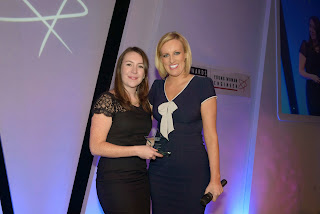Getting started
The basics come first; with questions based around your personal details so they should be straight-forward enough to answer. If you come across any questions that aren't clear, click on the red question mark which explains what you need to include. Check out our handy how-to video for a more in depth view in to the application.
Education
This section’s where you need to add any schools or colleges you’ve attended from around the age of 13 onwards, along with the qualifications you’ve taken. It’s worth having your certificates to hand as they’ll be useful if you’re unsure of any of the details, such as your awarding bodies. There’s quite a lot of info you need to add here so we’ve created this video to help you.
Personal statement
This is your opportunity to shout about your strengths, talk about your interests and expand on why you want to go to university and study your chosen course. On a practical note, it’s best to create a draft of your personal statement in a Word document first then copy it over once you’re happy with it. It’s a good idea to ask a family member, teacher or friend to have a look over it before you add it to your application. A second pair of eyes will pick out any errors you might’ve made or remind you of some important information you’ve missed off. Reading it aloud a couple of times is a good way to check that what you’ve written flows correctly.
Reference
You need a reference before your application can be sent. This should be from a current or previous teacher but can come from someone who knows you in a professional capacity, such as an employer. Your referee can’t be a family member or friend.
There are a couple of ways to get a reference – read on to see which is the right way for you.
i) If you’re applying through your school or college:
When you register, you’ll be asked to enter a buzzword if you select that you’ll be applying through your school or college. This will link your application to your school or college so your teacher can write your reference. They’ll also be able to look over your application and help you along the way, and when the time comes, they’ll send it to us on your behalf.
ii) If you’re applying independently:
There are a couple of ways to get a reference if you’re applying independently. If your previous school or college is happy to complete a reference then in the ‘Options’ section you can select ‘ask a registered school, college or centre to write a reference only.’ This route needs a buzzword from the school or college so you’d have to discuss this with them.
Alternatively, you can enter your referee’s contact details in the reference section and we’ll send them an email with instructions on what to do.
If you’re opting for this route, make sure you speak to your referee first and ask if they’ll be able to provide you with a reference before you send them a request. Once they've completed it you’ll be sent an email and the reference section will be marked with a red tick.
Good luck with your application!
If you have any questions about applying then have a look on our website. You can also get in touch with our advisers on Facebook or Twitter and they’ll do their best to help.






